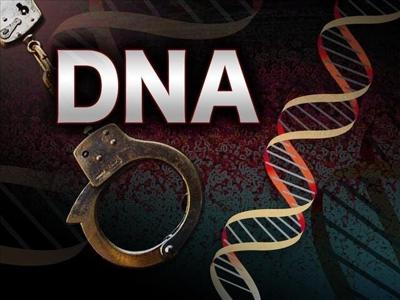DOVER, Del. - Delaware lawmakers are eyeing legislation requiring people who have been arrested for, but not convicted of, certain crimes to submit to DNA testing.
Under current law, a person convicted of a felony, sexual offense, or offense involving a child or vulnerable adult must submit to DNA testing. Results are stored in a database used by law enforcement as a crime-solving tool.
A Republican-sponsored bill that cleared a House committee Wednesday requires DNA testing of anyone merely arrested for any violent felony, sexual offense or offense involving a child or vulnerable person.
Jeff Horvath with the Delaware Police Chiefs Council says the proposed could help fill in the blanks from unsolved crimes.
"It could be a first offense --- or it could be a first offense where they're caught --- and DNA has been collected in other cases from the other victims but there was never a person to put it to because he wasn't in the database," he said.
The state attorney general's office and American Civil Liberties Union have raised concerns about the bill, which will likely be amended before any vote in the House.
House Minority Whip Tim Dukes (R-Laurel) brushed off concerns about privacy violations and the re-iterated that the legislation is aimed at improving public safety.
"I think if you've ever been a victim of a violent crime this is not intrusive," he said.
Zachary George, a criminal defense attorney, said the legislation seems to disregard the idea that defendants in criminal cases are "innocent until proven guilty."
Additionally, he said it may become a problem for defendants who are concerned about how their DNA is being used but want to waive a preliminary hearing with the intentions of obtaining evidence being used against them or attempting to keep their bail from being hiked.
"It's going to force these folks who have only been accused --- and not convicted --- to choose between their rights to a preliminary hearing and challenging evidence versus giving up this private information to be put in some kind of a state database," he said.



